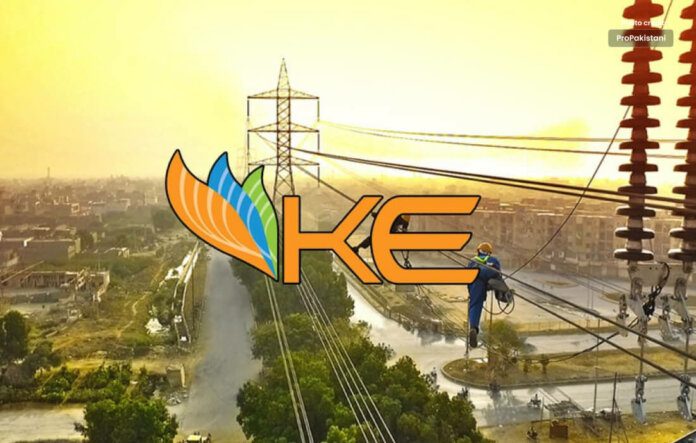Unhappy with K-Electric’s (KE) ongoing and unexpected load shedding.
The Ministry of Energy (Power Division) overview of K-Electric quarterly tariff changes was presented during the meeting.
It also stated that, in accordance with the National Electricity Policy 2021, the government may continue to maintain a single consumer-end tariff for KE and state-owned distribution businesses.
The only power distribution business in the port city was granted permission by the Economic Coordination Committee (ECC) of the cabinet on Wednesday to charge K-Electric its customers a fee of Rs1.52 per unit for the following 12 months.
The choice was decided today in Islamabad during a meeting of the ECC presided over by the finance minister, Ishaq Dar.
Accordingly, it is necessary to modify the KE applicable uniform variable fee in order to preserve the uniform tariff throughout the nation, according to a statement released by the finance ministry.
The ECC also approved the release and use of the Rs.76 billion in available budget funds for the settlement of arrears under various headings.
The ECC took into consideration yet another report from the Ministry of Energy (Power Division) addressing the use of Rs20.726 billion for government-owned power plants and the implementation of a revised circular debt management plan.
After discussion, the committee granted Power Division permission to use a one-time full amount from the assignment account to relax the usage cap of Rs4 billion per month for the following five months beginning in June 2023 and to ensure that there will be no further payment obligations to IPPs for the months of July through November 2023.
The release of Rs.56 billion, as authorized under the new CDMP, against the AJ&K receivables was also discussed at the meeting and authorized.
The ECC also authorized technical supplementary funds totaling Rs1,914.83 million for various ministries and divisions in addition to approving other summaries.
ECC Approval
The Import Policy Order 2022 will be amended to add a relevant provision allowing government entities to import pharmaceutical raw materials. This summary was also approved by the ECC.
The ECC approved a number of Technical Supplementary Grants (TSG), including Rs567.120 million for the Ministry of Federal Education and Professional Training development costs and Rs40 million for Cadet College Hassanabdal need-based scholarships for students with financial difficulties.
The committee approved TSG amounts totaling Rs14.022 million in favor of the Federal Tax Ombudsman for ERE expenses, Rs19.236 million in favor of the Ministry of Interior for repairs and maintenance of a helicopter by Pakistan Rangers, Rs6.279 million in favor of the Directorate General of Immigration and Passports, and Rs150 million in favor of the Intelligence Bureau for its ERE expenses.
The ECC approved TSG of Rs147,913 million for the Gilgit Baltistan (GB) Council and its departments, TSG of Rs500 million for the Ministry of Housing and Works to carry out development projects, and TSG of Rs470,26 million for the Ministry of Housing and Works to repair and maintain the Supreme Court of Pakistan building in Islamabad, as well as judge residences, rest houses and sub-offices in various cities.




